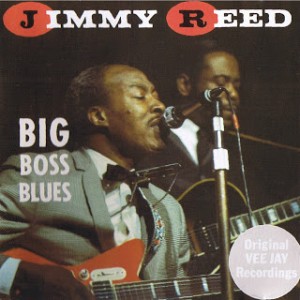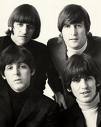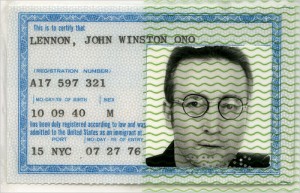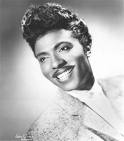 On this day in 1956 Jerry Lee lewis turned up at Sun records wanting to an audition, financed by his father selling 30 dozen eggs to raise the money for the trip! This was not the first time his parents had helped Jerry Lee with his musical ambitions. When he was 8 he showed such promise playing the piano that his parents mortgaged their house to buy him his own piano.
On this day in 1956 Jerry Lee lewis turned up at Sun records wanting to an audition, financed by his father selling 30 dozen eggs to raise the money for the trip! This was not the first time his parents had helped Jerry Lee with his musical ambitions. When he was 8 he showed such promise playing the piano that his parents mortgaged their house to buy him his own piano.
Unfortunately, when Jerry Lee turned up to ask for an audition Sam Phillips was on holiday. Jack Clemment who was the resident producer at Sun Records agreed to let him record 2 demos. One was ‘Crazy Arms’. When Sam Phillips returned from holiday in Florida he was impressed. ‘Crazy Arms’ sold 300,000 copies locally.
Jerry Lee became a studio musician for Sun Records appearing on records by Carl Perkins (‘Your True Love’ & ‘Matchbox’). Back in the recording studio in his own right 1957 became a huge year for Jerry Lee. He recorded and released ‘Whole Lotta Shakin’ Goin’ On’, ‘Great Balls of Fire’, ‘Breathless’, and ‘High School Confidential’.
‘Whole Lotta Shakin’ Goin’ On’ was recorded in one take and the vibrancy of the track shows that. It’s vitality took the world by storm. In 1957 Jerry Lee outsold Elvis, he was that big. His career took a nose dive a year later, however, when during a UK tour the British press revealed his marriage to his young second cousin.
‘Revealed’ is not really what happened. The details of the marriage to Myra Gale Brown were not secret. Marrying second cousins was not unusual in the South. The fact that she was 14 scandalised the British press. They did not like rock ‘n’ roll, it was seen as a threat to the natural order of things in society. In any event the scandal forced the end of the tour and nearly ruined Jerry Lee’s career.
Jerry Lee was always a bit loose with the rules about marriage. That his first divorce had not come through did not stop him from marrying Jane Mitcham in September 1953. He was still married to Jane when he married Myra.









